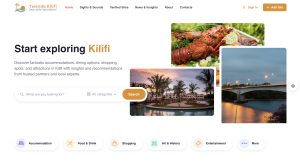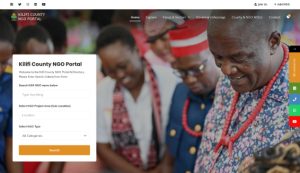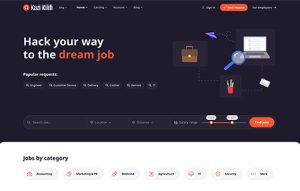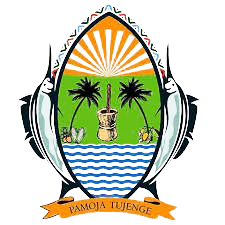Building Partnerships for Collaborative Educational Success
The Community and Stakeholder Engagement services provided by the Kilifi County Department of Education and ICT are essential for fostering meaningful collaboration and support for educational initiatives. By actively engaging with communities, parents, local organizations, and other stakeholders, we aim to create a collaborative environment that enhances educational outcomes and supports the development of our students. Our approach to community and stakeholder engagement includes the following key components:
1. Community Outreach and Awareness Campaigns
We conduct outreach and awareness campaigns to inform and involve the community in educational initiatives and programs. This includes organizing public meetings, workshops, and seminars to share information about new programs, policies, and opportunities. By actively engaging with community members, we ensure that they are informed and have a voice in shaping educational priorities and decisions.
2. Parent-Teacher Associations (PTAs) and School Committees
We support the establishment and functioning of Parent-Teacher Associations (PTAs) and school committees that facilitate active involvement of parents and guardians in the educational process. PTAs and committees provide a platform for parents to contribute to school decision-making, collaborate with teachers, and address issues related to their children’s education. We encourage regular meetings and open communication between parents and school staff.
3. Stakeholder Advisory Panels
We create stakeholder advisory panels that include representatives from various sectors such as education, business, community organizations, and local government. These panels provide valuable input and feedback on educational programs, policies, and initiatives. By involving a diverse range of stakeholders, we ensure that our strategies and actions are well-informed and aligned with community needs and expectations.
4. Partnerships with Local Organizations and Businesses
We actively seek partnerships with local organizations, businesses, and institutions to support educational programs and initiatives. These partnerships may include sponsorships, donations, volunteer support, and collaborative projects. By working with local partners, we enhance the resources available for schools and provide students with opportunities for real-world learning and career exploration.
5. Collaborative Projects and Community Service
We initiate and participate in collaborative projects and community service activities that involve students, teachers, and community members. These projects may include environmental clean-ups, health campaigns, and cultural events. Collaborative projects foster a sense of community and social responsibility among students and provide opportunities for hands-on learning and personal growth.
6. Feedback and Consultation Mechanisms
We implement feedback and consultation mechanisms to gather input from community members, parents, and stakeholders on educational matters. This includes surveys, suggestion boxes, and focus group discussions. We use this feedback to inform decision-making, address concerns, and improve the effectiveness of our programs and services.
7. Training and Capacity Building for Community Leaders
We provide training and capacity-building opportunities for community leaders and representatives to enhance their understanding of educational issues and their role in supporting local schools. This training may cover topics such as school governance, community engagement strategies, and educational advocacy. Empowered community leaders can play a key role in promoting educational success and driving positive change.
8. Celebrating Local Achievements and Success Stories
We recognize and celebrate the achievements and success stories of students, teachers, and community members. This includes organizing award ceremonies, showcasing student projects, and highlighting community contributions. Celebrating successes helps to build morale, foster pride, and inspire others to contribute to educational excellence.
9. Transparent Communication and Reporting
We maintain transparent communication and reporting practices to keep the community and stakeholders informed about educational progress, challenges, and outcomes. Regular updates and reports are shared through newsletters, social media, and public meetings. Transparency fosters trust and ensures that stakeholders are aware of the impact of their contributions and involvement.
10. Advocacy and Policy Engagement
We engage in advocacy and policy discussions to promote educational priorities and to influence decision-making at local and regional levels. This includes working with policymakers, government officials, and advocacy groups to advance educational reforms and to address key issues affecting schools and students. Our goal is to ensure that educational needs are represented and that supportive policies are implemented.
The Kilifi County Department of Education and ICT is committed to building strong partnerships and engaging with the community and stakeholders to support educational success. By fostering collaboration, open communication, and active involvement, we aim to create a supportive and effective educational environment that benefits students, families, and the wider community.








